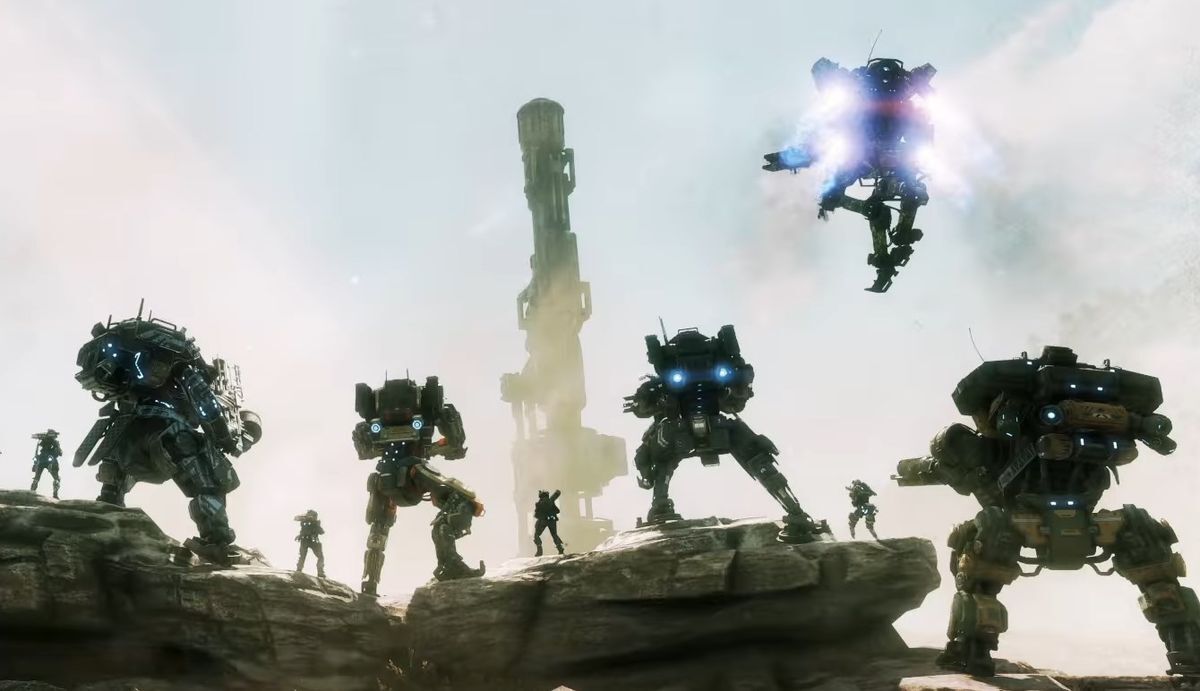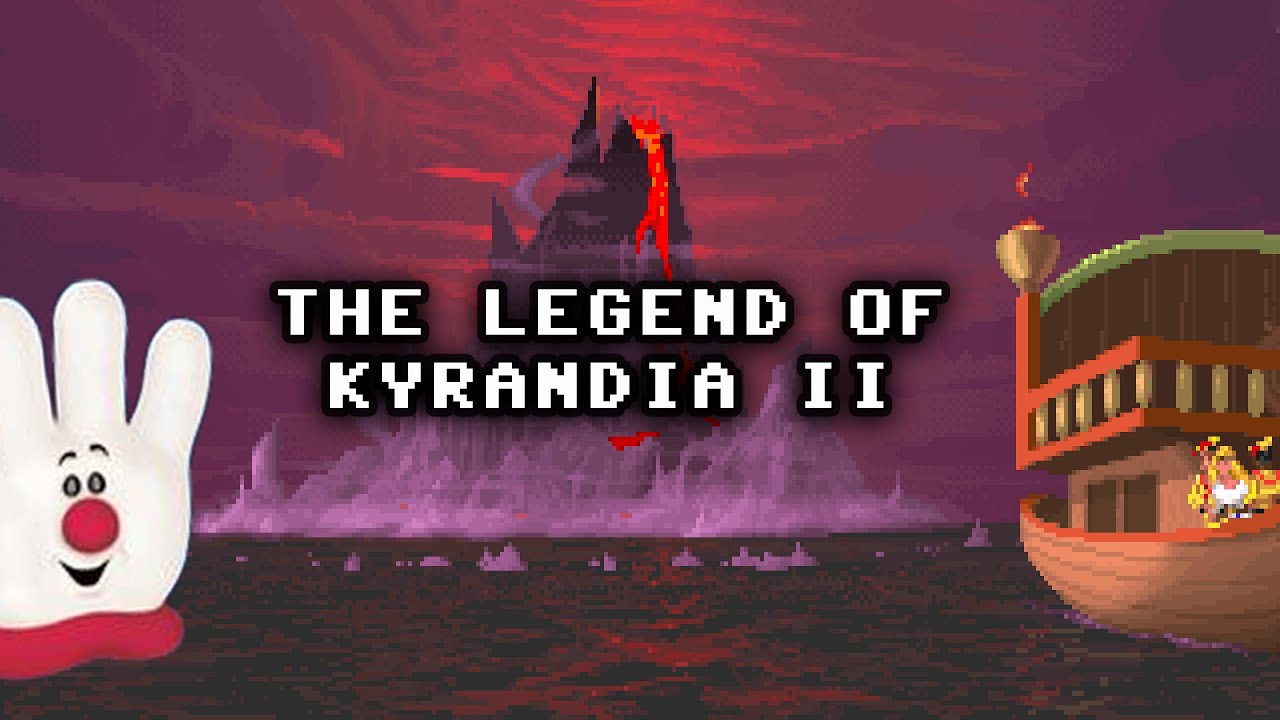tangelo
- 6 Posts
- 15 Comments
Implementation was rather bad on Linux despite reports and warnings of extreme breakage during the beta, and the legacy client was the only escape hatch for many after they bricked it following force pushing the beta into the mainline client, with no rollback option. If you follow Valve’s bugzilla tracker, you will see hundreds of bug tickets over the last month relating to this UI, which didn’t account for regressions around CEF, Gnome, upstream Nvidia drivers, focus-follows-mouse, memory leaks, screen readers for the blind, instability with system dependencies (Steam carries around a basket of old dependencies), and more. Here is but one example: https://github.com/ValveSoftware/steam-for-linux/issues/9805. Steam only targets Ubuntu and seemingly only tests on that platform, and in so doing this causes a myriad of problems. It’s not an aesthetic issue.
Speaking of memory leaks, one of the most egregious issues right now is the client rapidly consuming all VRAM within a matter of minutes when the window is interacted with (https://github.com/ValveSoftware/steam-for-linux/issues/9638), effectively killing the system and making rendering games impossible.
This is bad :(

 1·1 year ago
1·1 year agoI think you missed the minus sign there and misread this, I will translate it: “The chance for rare loot to drop should be continuously reduced by 10% for every hour you log inside the game. I.e., you should receive rewards for completing difficult challenges rapidly, that is, skillfully.” The implication seems to be that if the challenge is hard and you are not good at it, and are just throwing yourself at a wall repeatedly, or the challenge is non-existent/mindless (chore simulator), if you are repetitively doing either and grinding hours away, they are one and the same, and neither is a meritorious achievement. I think this is an interesting angle, as very few games reward skill expression or eureka moments as a momentous achievement. The vast majority, genre and budget irrespective, rely on the (easier to implement) crutch of locking progression behind pointless tedium, so given enough hours sunk in, everyone can win. It is interesting to think about how, whether, and under what conditions games could reward the above.

 3·1 year ago
3·1 year agoWhat are some good games that opt for a grounded approach? I agree that it is few and far between (whether that is good, bad, or indifferent is a topic for another space). A few that come to mind are Don’t Escape: 4 Days to Survive (takes place in a survival situation) and Dreams in the Witch House, which incorporates shop/money mechanics and other survival management elements.
You wanna know which came ISN’T grounded? Nightlong: Union City Conspiracy. If you are in the mood for some hilariously baffling moon logic, outlandish set design and embarrassing period voice acting and CG, with a plot that makes slightly more sense than The Mystery of The Druids, give it a shot. It’s basically “we have Blade Runner at home.”
Guess how they travel in the cyberpunk future presented in this game: flying cars. But guess how they receive documents when out of the office? Public fax machine booths mounted on walls of train stations. That’s right. FAX MACHINES. The future is now.
The game is not bad per se, it will definitely stay in your mind with its utter weirdness. Grimbeard did a detailed video on it if you are curious.

 11·1 year ago
11·1 year agoGreat job, beat me to it by a week. If I may make a humble request, it is that you institute a rule to prevent or limit (preferably disallow) self-promotion posts unless there is specifically good reason or prior approval for them. The /r/adventuregames sub became a pointless cascade of PR spam with Steam links, not just solo developers sharing a labor of love. To the point that actual discussion of adventure games was outnumbered maybe 8:2 in favor of walls of marketing text. I feel like adventure game players’ starvation for new content essentially allowed this situation to happen, but point and click games are by no means in the drought they once were, so now that sub has just devolved into wishlist farming.

 1·1 year ago
1·1 year agoGabriel Knight 2
What a wild game. I want to replay it, but played it too recently. Need time to forget the puzzles.
Wonder if we’ll see anything in this vein again. There is Markus Ritter, which seems to be at least inspired by the same German-evil-hunter-descended-from-Ritter-lineage backstory. I’m playing its sequel in the Steam Next Fest, haven’t made it very far, and it’s definitively an indie/lower budget game, but has a nostalgic and interesting feeling, and is actually a point and click game, unlike some latter-day FMV games that are more like choose-your-own-adventure with dialogue prompts.

 1·1 year ago
1·1 year agoEasily Monkey Island. Easily. You can already hear it in your head, can’t you?

 1·1 year ago
1·1 year agoDiscworld…the game is hard, confusing, and sprawling, but so much enthusiasm went into the animations, voicework, and design.
Also: Gobliiins series. In a class of its own, highly inventive and sui generis French design that is often overlooked for being so oddball.

 3·1 year ago
3·1 year agoI am jonesing hard for The Crimson Diamond too, the demo was perfectly pitched. Although it seems to be evolving at a glacial pace and if the streams are to an indication, the dev is focused on singular minutiae of pixel placement over iterative development, I guess.
Old Skies has weird but good feels. The story should be kind of boilerplate on paper, but it stayed with me for awhile afterwards. Maybe something about the execution and mise en scene made the package memorable. Or maybe they got the cliffhanger just right.
Two that recently came out and I demoed are Dreams in the Witch House and The Excavation of Hob’s Barrow (formerly INCANTAMENTUM).
These were both utterly fantastic, the latter with its pacing and suspense, and the former with the dev’s ingenious idea to combine survival/RPG-ish mechanics with a traditional point and click game and add a sense of urgency to a Cthulhu survival experience. A minority of staunch players on the Steam forums criticized these elements for being “difficult” (i.e, “give me zero consequences, comfy adventure gameplay”), but the game is not about unfair timers or chase sequences like in games of yore. It’s a highly original marriage of inventory/time management/branching path mechanics with a more traditional story, and gives you the tools to tackle both the puzzle and survival aspects of the game in your own way while having that ever-present feeling of dread like in the IF game Anchorhead. And from what I can tell, the game was universally praised on Big Blue Cup forums, so I think those that care have taken note of the innovation-within-tradition being done here.
I’m excited to play both of those games and have them top of mind in my backlog.

 1·1 year ago
1·1 year agoWrong sub my dude

 2·1 year ago
2·1 year agoMazes, particularly the kind with some randomized effect where cardinal directions don’t matter anymore. The bamboo thicket in LSL 3 was particularly egregious because you die if you run out of water (limited turn count). They suck in every game, yet every game that comes after somehow looks at what has come before and says, “Oh, we better put a maze in the game, that’s what everybody else did.” And it’s always idiotic. But the one that most stands out to me is Gabriel Knight 2, because the game is such a tour de force up to the end, and is FMV done right, then you get a pointless maze chase scene for the finisher.

 1·1 year ago
1·1 year agoHahaha, that is a good shout

 2·1 year ago
2·1 year agoCheck out Powerhoof, they have a lot of short games ranging from game jam length (believe some were winners at some game jams) to medium length, and basically consist of prototyping their point and click engine in advance of The Drifter. I recommend the Telwynium in particular

 3·1 year ago
3·1 year agoMonkey Island/Grim Fandango/Leisure Suit Larry





The rules, seemingly a carbon copy of the ones from Reddit, state to “use primary sources,” but I think there is a tendency for this to cause undue emphasis to be placed on “authoritative articles” from big online magazines for the sake of posting news. Those links usually have grandiose/clickbaity titles and are often thinly-veiled advertisements or PR hype campaigns in advance of a game’s release (not on the part of the poster, but on the part of the web magazine).
It seems like the posts with the most engagement on a pure post count number tend to be actual questions or comments from users, such as someone waxing about a game they really like, or some kind of meta conversation.
Obviously you want to disincentivize low-effort posts like “My keyboard broke–how do I fix it?” but some middle ground would be good here, so that enthusiasts can actually discuss the nitty-gritty of games with each other, rather than the magazine turning into a silent news aggregator.